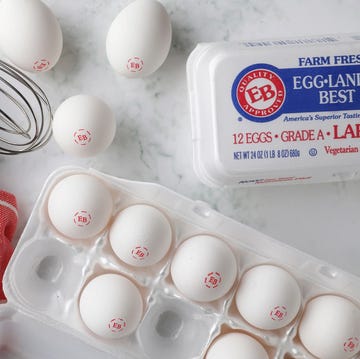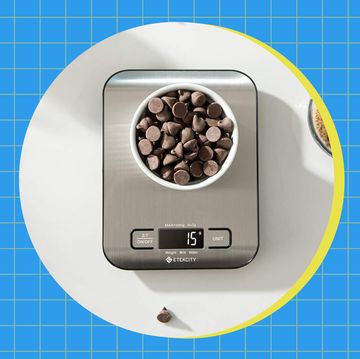Good and bad news, sugar lovers. The bad: People who consumed 17 to 21 percent of their daily calories from “added sugar”—the kind that doesn't naturally occur in fruits, vegetables, and grains—had a 38 percent higher risk of dying from heart disease, compared to those who only consumed 8 percent of daily calories from sugar, according to research in JAMA Internal Medicine.
The good: Men's Health’s nutrition advisor Alan Aragon is skeptical of those results as they were based on people’s estimates of their own sugar intake. The study was observational, and this kind of “self-reported” data is notoriously inaccurate, he says. Calculating how much sugar you ate for breakfast—let alone all last year—is difficult.
That could be why researchers strangely found a link between people who reported a healthy diet and an elevated risk for dying from cardiovascular disease. “Recall memory is generally very poor—and people like to think they maintain a healthier diet than they actually do,” Aragon says.
It’s not certain if your risk of heart issues will jump sharply if you consume 17 to 21 percent of your daily calories from sugar—but you should try to moderate your intake, Aragon says. Danish researchers found a connection between daily sugary soft drinks, increased body fat mass, and triglycerides and lipids in the bloodstream—which can be precursors to cardiovascular disease.
Err on the side of caution by following the guidelines of the World Health Organization, says Aragon. Limit your sugar calories to 10 percent of your daily intake. On a 2,000-calorie diet, that’s no more than 200 grams (g) of added sugar. A 12 oz soda has between 45 and 70 g. If you work out hard regularly, you can allow a little more—around 15 percent total, he suggests.













